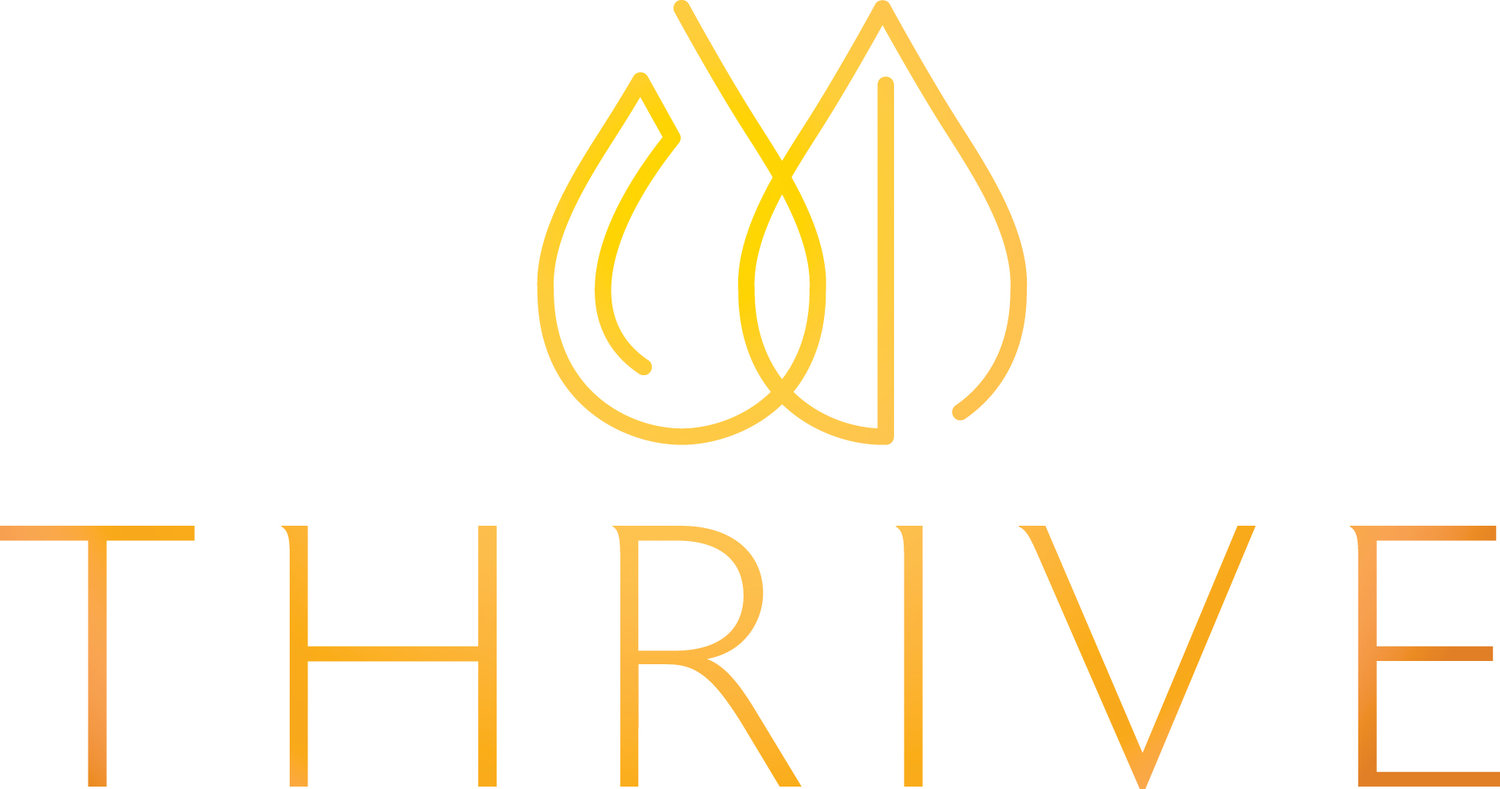It depends. Are you looking for a healthy alternative for baking or for your smoothies? Are you a family with someone struggling with constipation, type 2 diabetes or iron deficiency? What hidden sugars are you struggling to cut out?
Every family is different. But no matter what, we can definitely find alternatives that allow us to TRADE UP from table sugar.
For our family, we use sugar in baking, as we don't include it in smoothies, warm drinks or cooking. So, my top 3 are (1) Palmyra Jaggery; (2) Coconut Sugar; and (3) raw honey. Stevia is amazing on paper but unfortunately, I just can't stand the taste of it. But if your priority is to find a replacement for sugar in your warm drinks, then stevia is totally worth a shot!
Here is Thrive's low down on healthy sugar alternatives.
And an interesting point of learning for me is that I will NEVER be using brown rice syrup again.
STEVIA
PROS: Whole green leaf stevia is the best option and has potassium, zinc, magnesium and B3. Can stimulate production of haemoglobin; and high in fibre so can also help with constipation. Very low calorie; very potent; non GMO. Useful alternative for diabetics due to its 0 GI score. Some studies show it can lower blood pressure.
CONS: Tastes horrible; not great for baking. Processed options are harmful so only buy whole green leaf stevia.
GI SCORE: ZERO
COCONUT SUGAR
PROS: Manufacturing method is more natural than sugar. No artificial ingredients; not chemically altered. Contains a small amount of fibre, called inulin which improves glycemic control. Inulin is also a prebiotic feeding intestinal bifidobacteria. Some zinc & iron.
CONS: About 45% fructose and 50% glucose. Fructose is processed by the liver, so in that respect, the load on the liver is not too different from table sugar.
GI SCORE: 35 (LOW)
PALMYRA JAGGERY
PROS: Very high in vitamins B12, B6 and B1 making it your sweetener of choice during periods of high stress. Rich in iron making it sweetener of choice of choice for anaemics. High in magnesium, calcium, potassium, and phosphorus. High in fibre. Taken with water it has a cooling effect on the body. DATE palm jaggery has a warming effect. Deep, warm caramel flavour that you can use with most recipes.
CONS: If you eat too much it might make you prone to parasitic infection.
GI SCORE: 40 (LOW)
PURE MAPLE SYRUP
PROS: Lower calorie content than honey. Has some minerals eg. iron, zinc, manganese and potassium. However, it is lower in vitamins than honey.
CONS: 99% sucrose content so high amounts are not recommended for diabetics despite it has a lower GI than sugar.
GI SCORE: 54 (MEDIUM)
PURE RAW HONEY
PROS: Raw honey has antibacterial, antifungal benefits. Has some VitB6 and C. Great taste. Can use in baking.Not recommended for children under the age of 12 months due to the risk of exposure to Clostridium botulinum bacteria.
CONS: 50% fructose (same as sugar) so liver is working to metabolize fructose into glucose. If not raw, it has low nutritional benefit.
GI SCORE: 58 (MEDIUM)
BROWN RICE SYRUP
PROS: Butterscotch flavour. The claim here made by the I QUIT SUGAR community is that because it’s 100% glucose, the liver doesn’t have to process it.
CONS: Highly processed and almost no nutritional value (tiny amount of Calcium & Potassium). Glycemic index is so high making it bad choice for diabetics, hypoglycemics, people with adrenal fatigue and hormonal imbalances. Risk of arsenic contamination
GI SCORE: 98 (HIGH)
Hope this table helps you determine which alternative to table sugar is best for your family. The bottom line though is any of the above in excess is not going to do you any favours, particularly if your goal is to eliminate sugar cravings or lose weight.
Cristina Tahoces is a holistic nutritionist and owner of Thrive Nutrition Practice. Do you want to reboot your family's diet and tame the sugar beast? Please contact her for help.
Please join her Facebook Closed Group: Thrive Nutrition Practice for more articles like these, plus recipes, promotions and news about upcoming workshops.
Copyright © 2017 THRIVE NUTRITION PRACTICE

